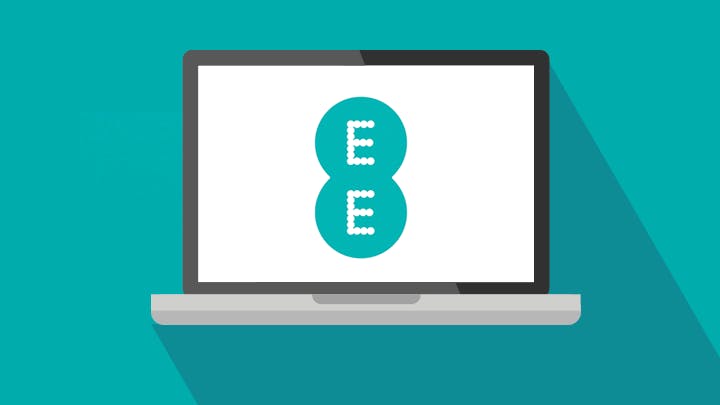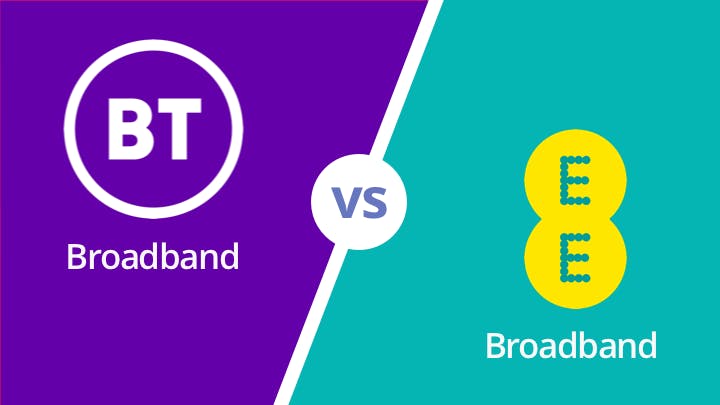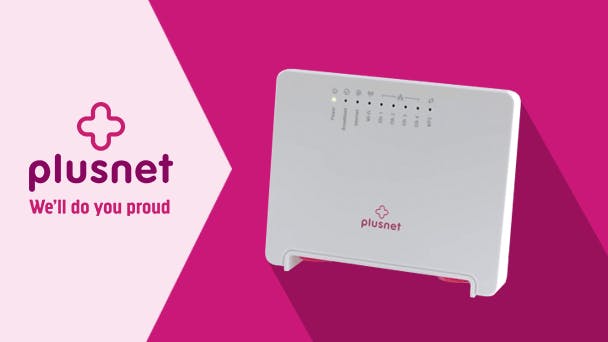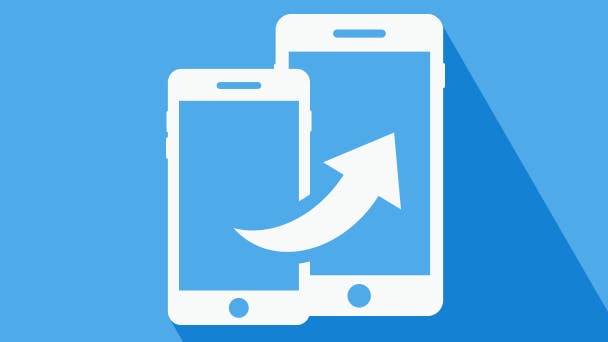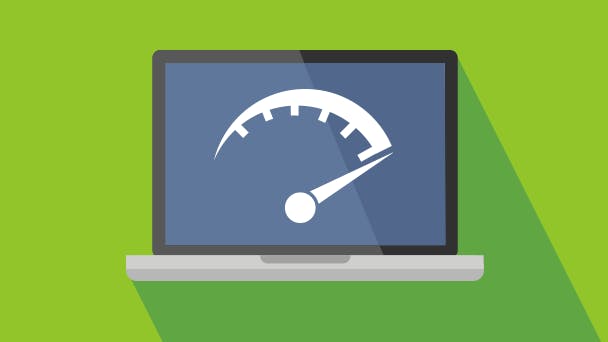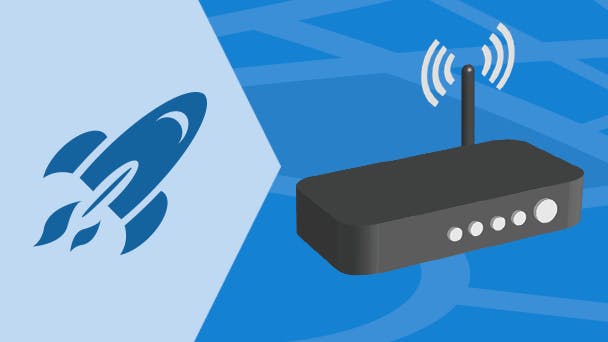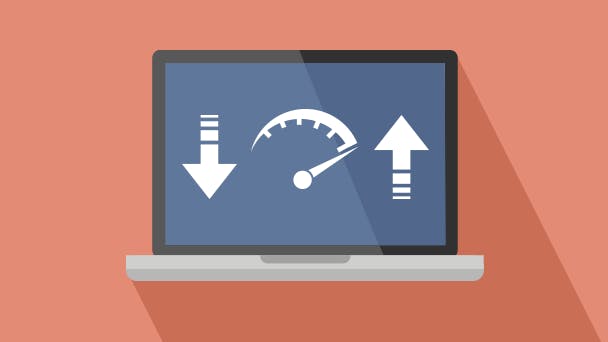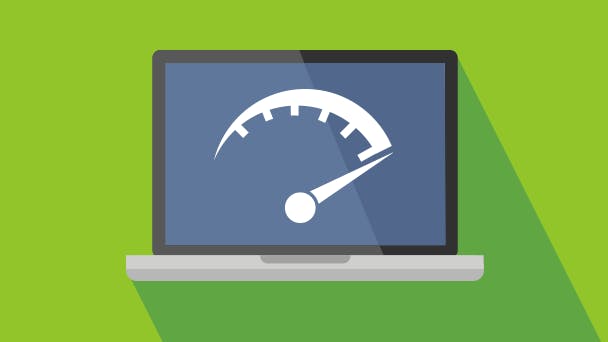
A broadband speed tester is a useful little tool when you want an accurate impression of how fast your upload and download speeds really are. But why on earth could you need to know that..? Well, we have five very good reasons.
Want to find out your broadband speed? Have a go with our speed test right here. And here's why you should…
1. To see how fast your broadband is
The world of broadband speeds can be pretty confusing, so doing a speed test is useful simply to give you an idea of what you're getting - whether you're zooming across cyberspace, crawling at a snail's pace, or just comfortably chugging along.
When you know your line's speed, you can get a better understanding of how long stuff will take to download, what level of quality you can stream video in, how many people can comfortably go online at once, and so on.

2. To make sure you're getting what you pay for
Broadband providers always give you an idea of what speed you ought to receive - though in practice, it doesn't always measure up. A speed test helps you see what speed you are getting, rather than what speed you might get.
It's unlikely that you'll get speeds as fast as the 'up to' speed advertised on a package, and that's usually fine… but if you're paying for average download speeds of 50Mb and only getting 2Mb, then you know there's a problem.
Getting less than what you signed up for? It could be time to switch. You might have better luck if you upgrade to fibre optic broadband, or switch to a package on an alternative network like Virgin Media.
Bear in mind that if your speeds are far, far below what you were promised, you may be entitled to cancel your contract early - take a look at our guide to your broadband rights for more info.
3. To help you pick a new broadband package
If you're not a telecoms expert, those ''average speeds' listed on broadband packages could mean just about anything. 35Mb sounds fast, but how much faster is 66Mb? And what about 108Mb? Aargh!
This is where a speed test comes in. Once you know what speed you're getting right now, you know whether you should pick a package with speeds that are faster, slower, or about the same as your current connection. Easy.
Find out more with our guide to getting the right speed for your needs.
4. To troubleshoot speed problems
Having trouble with your broadband speed? A speed tester can help you isolate exactly where the problem lies.

For instance, if your results show super fast speeds when you connect your computer with an ethernet cable, but they're much slower over Wi-Fi, you know that there's a problem with the Wi-Fi. Or if it's fast on your desktop but your laptop is struggling, the issue lies with your laptop. Or if it's fast in the kitchen but slower in the living room, there must be something blocking or interfering with the signal.
Take speed tests in different ways: on a wired connection, over Wi-Fi, with your computer, with your tablet, right next to the router, in the next room… experimenting can help you close in on anything that might be holding your speed back.
5. To find the best times for downloading
The time of day or the day of the week can have an impact on your broadband connection, and using a speed tester can help you track that.
Because of things like traffic management, and other people in your neighbourhood sharing the same broadband line as you, speeds can fluctuate as the week goes on. It's not unusual to find that your home broadband is a little slower on weekday evenings, for instance - that's 'peak time', when everyone else is online and traffic management tends to kick in.
Doing speed tests at various times of the day and week can help you see when your connection is at its fastest, or when latency is at its lowest. It's good info to know when you want to download some large files or stream a movie.
